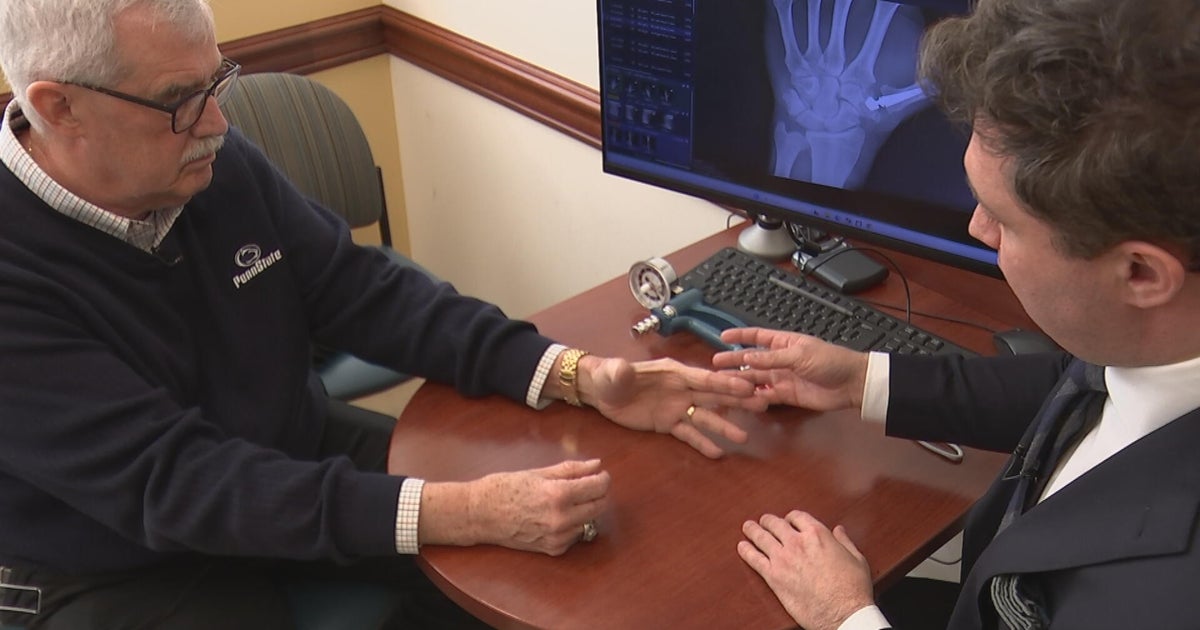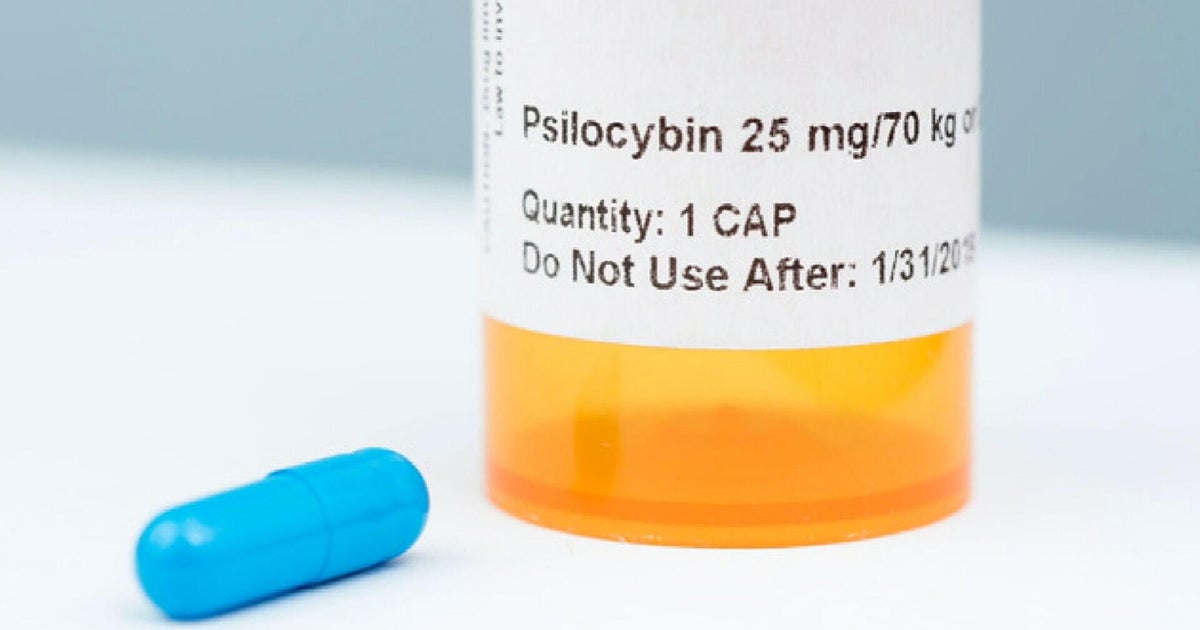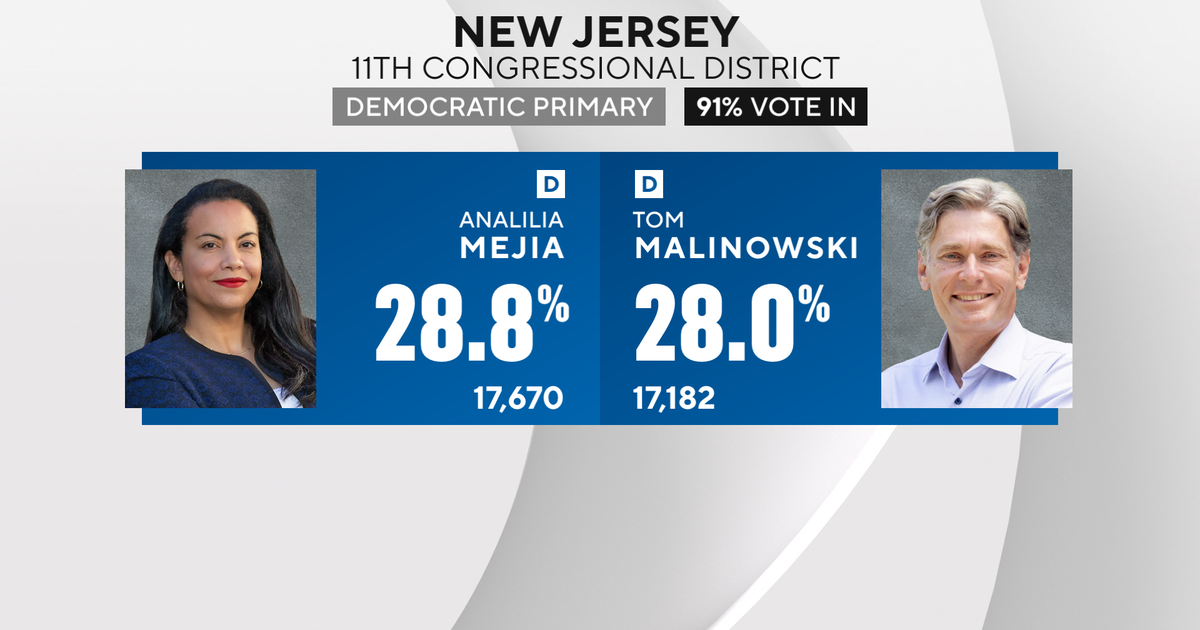New Study Reveals Connections Between DNA & Reactions To Medication
Follow KDKA-TV: Facebook | Twitter
PITTSBURGH (KDKA) -- Our DNA holds secrets to our past.
But Richard Kitchen is not getting a DNA test to trace his roots. Instead, he's looking to the future - testing his DNA to see if his genetics might pose a problem with the medicines he's taking.
Chuck Welch also took the test. He has diabetes, heart disease and arthritis in multiple joints, and he takes a lot of medicine.
"From the DNA testing, they found out how my body reacted to the medicines I was taking," Welch said. "And so they changed all my medications around, and I've been doing a lot better."
The testing is part of a study commissioned by Highmark and carried out by local primary care group Premier Medical Associates.
The idea is to see if this FDA-approved genetic test results in fewer ER visits and hospital admissions due to medication issues. The 18 months before and after the test will be compared.
Medicare patients taking five or more medicines were eligible for the study. Of the 3,300 eligible patients, Premier identified 700 who were high risk and asked them to come in for the swab.
"About 450 to 475 patients agreed to have testing performed over the course of the last year," Dr. Francis Colangelo, a physician at Premier Medical Associates, said.
Samples go to a lab, where the sequences of six genes are identified. Those six genes process 90 percent of all medicines.
The genetic information then goes through a computer program to identify problems.
"They might find out that they're processing this medication way too fast or too slow," Jennifer Obenrader, a pharmacist at Premier Medical Associates, said. "They might need to increase a medication dosage or decrease a medication dosage. They might need to change the medication all together."
Drugs like blood thinner warfarin, blood pressure medicine metoprolol and antidepressant citalopram are some of the medicines that might be adjusted.
But some warn discovering more about how genes and drugs interact may raise some unintended ethical issues.
"It's possible that you could have information sitting in your electronic medical record that insurance companies could use to classify you as high risk or that might reveal something about you that we didn't anticipate," Alex John London, a medical ethicist at Carnegie Mellon University, said.
For Welch, having his medicines changed because of the test outweighs any potential concerns.
"I've improved my life by, let's say, 40 percent better than what it was," he said.
And six weeks after his swab, Kitchen got his results.
"You have one medicine for your blood pressure that we'll watch a little closer because you'll be more sensitive to changes with that, but for the most part, everything looks very good," his doctor said.
He, too, feels better knowing what his DNA revealed.
"Very good," Kitchen said. "I'm glad to hear that. Very good."








